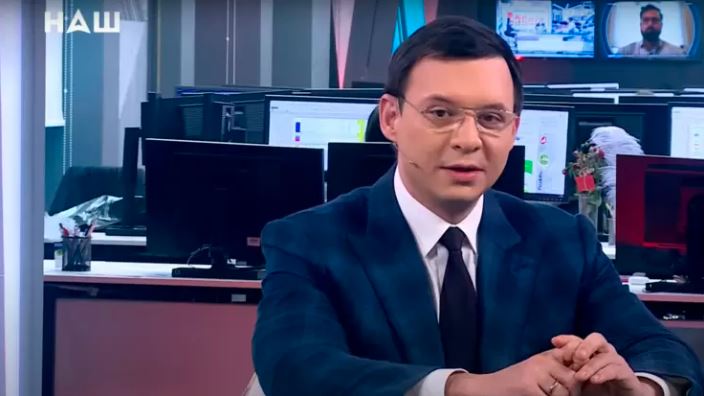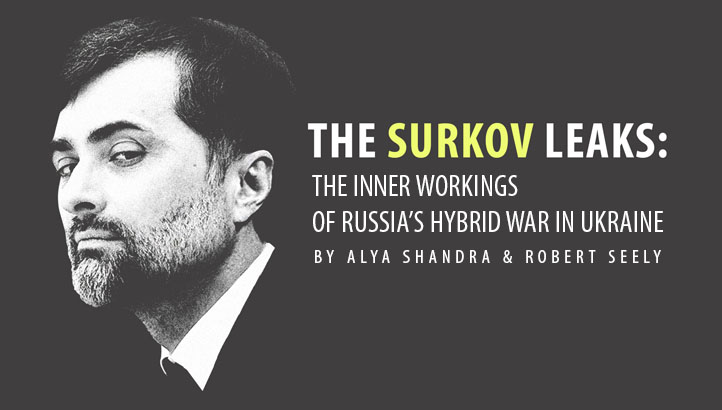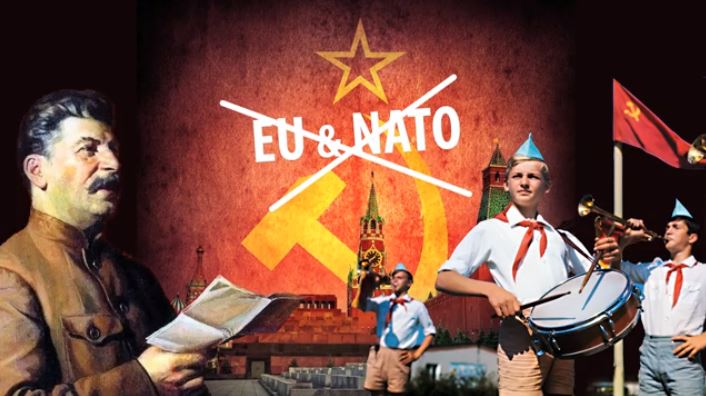Editor’s Note
- Kharkiv was one of the East-Ukrainian capitals of the border oblasts, where the Russian-organized separatists seized the regional state administration building and proclaimed an independent “people’s republic” in April 2014, but the Kremlin plans for a Russian-controlled enclave failed in the province.
- As war erupted in the neighboring Donbas, terror attacks on the railway infrastructure started in Kharkiv region.
- In late August-September 2014, terrorist activity moved to the city itself – military ammunition and improvised explosive devices were used to blow up military facilities, offices of the state bodies, Ukrainian monuments, cars of the activists.
- On 22 February 2015, a bomb hit a Ukrainian national unity rally in Kharkiv killing 4, injuring 9. Terror attacks in Kharkiv oblasts ended by the summer of 2015 as suddenly as they had started.
- From September 2014 to April 2015, at least 13 terror attacks occurred in Kharkiv, in which 4 persons were killed, at least 36 injured.
As reported by The Times, the emails were allegedly found in accounts linked to Inal Ardzinba, a Kremlin figure close to President Vladimir Putin, and to a Ukrainian Communist Party leader.
One set of correspondence from October 2014 contained proposals to fund a cybercampaign to “troll” opponents of Moscow, “demotivate enemies” on social media, and collect personal data of opponents in Kharkiv, Ukraine’s second largest city, for a fee of $130,500.
The emails, allegedly sent by an unnamed Russian politician to Ardzinba, also outlined an offer to hack email accounts for between $100 and $300.
Another proposal included the organization of one month of pro-Russia rallies in Kharkiv for the sum of $19,200. The fee included the transport of protesters, bribes to local media to cover the demonstrations, and bribes to police. It is unclear whether the rallies actually took place.
The emails are part of the so-called “Surkov leaks,” named after Vladislav Surkov, an influential personal adviser to Putin who is believed to have sent emails exposed in two previous leaks.
Moscow insists that the leaks are fake, although the authors of emails in the first two leaks have confirmed their authenticity.
British MP Bob Seely, an expert on Russian warfare, described the latest set of emails as a “shopping list of subversion” and warned there was “overwhelming evidence” that the same tactics are being used against the United Kingdom, the European Union, and the United States.
Editor’s Note
The Times article is based on an upcoming report about Russia’s hybrid war to be published at the RUSI Institute in May. The report, based on the analysis of the contents of the leaked emails of Kremlin officials, was coauthored by Alya Shandra, managing editor at Euromaidan Press, and Robert Seely a Conservative British MP. The emails were hacked by a coalition of Ukrainian hackers calling themselves the Cyberalliance, and first published by the Informnapalm investigative community.
Read more:
- CyberHunta released thousands of e-mails purportedly from the inbox of Vladislav Surkov
- 500 bloggers ready to attack Ukraine and the EU
- UK, the Latest Target of Fake Russian Twitter Accounts
- “We have no need for CIA help” – Ukrainian hackers of #SurkovLeaks
- Ukrainian hackers publish Surkov’s plans to destabilize Ukraine in coming months (2016)
- Are the Kyiv protests a Kremlin plot or an opposition power grab?
- Putin’s top aide Surkov managed Donbas militants — Strelkov
- Whatever happened to the Kharkiv Partisans?
- More Russian terrorists arrested in Kharkiv
- Ukrainian hackers turn on own government to make it care about cybersecurity
- Russian involvement in Ukraine’s Donbas “republics”: 10 things you should know
- Russian “siloviki” oversee power vertical of occupied Donbas
- The Kremlin changes its Donbas war narrative
- Who is who in the Kremlin proxy “Donetsk People’s Republic”
- “Donetsk People’s Republic” ex-PM inadvertently admits he carried out Kremlin plans
- Sloviansk and Kharkiv key to understanding war in Ukraine
- Russia planning to destabilize Kharkiv — Poroshenko (2015)






